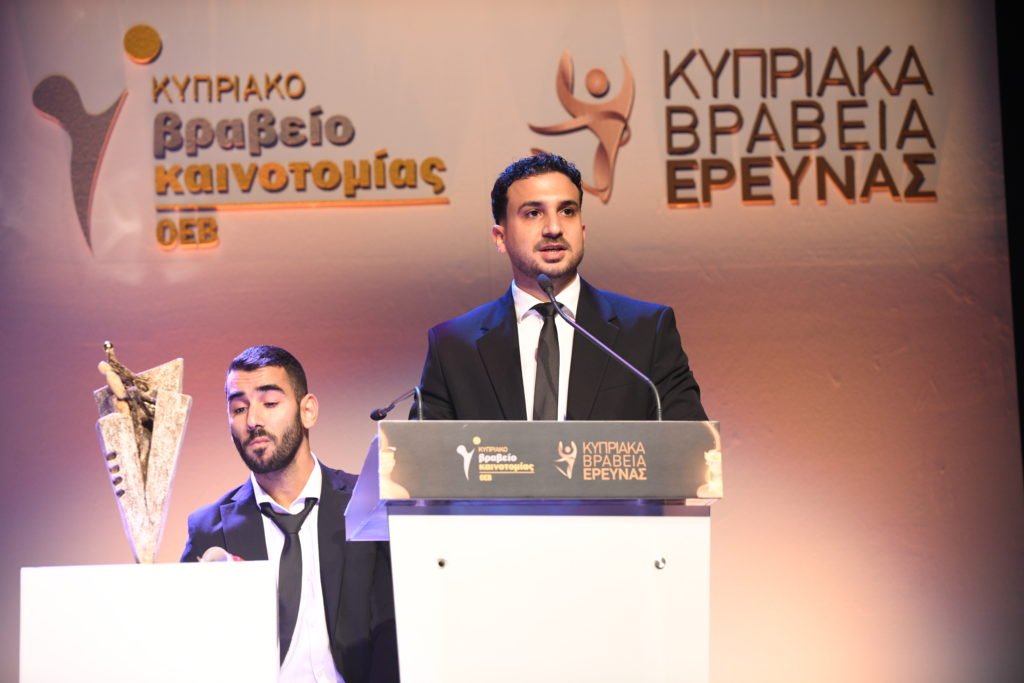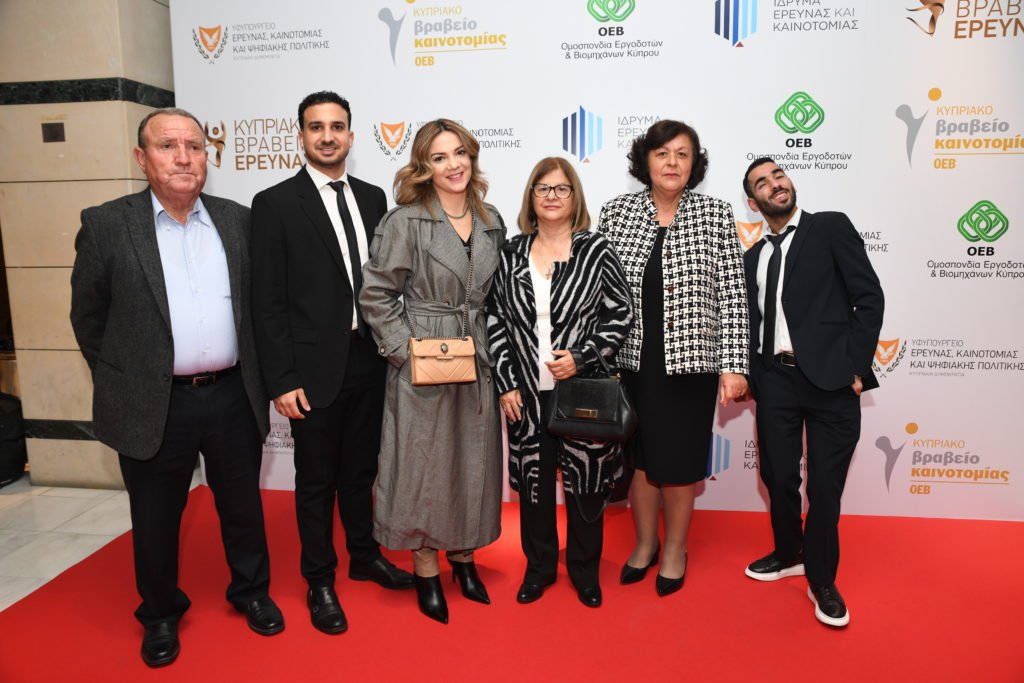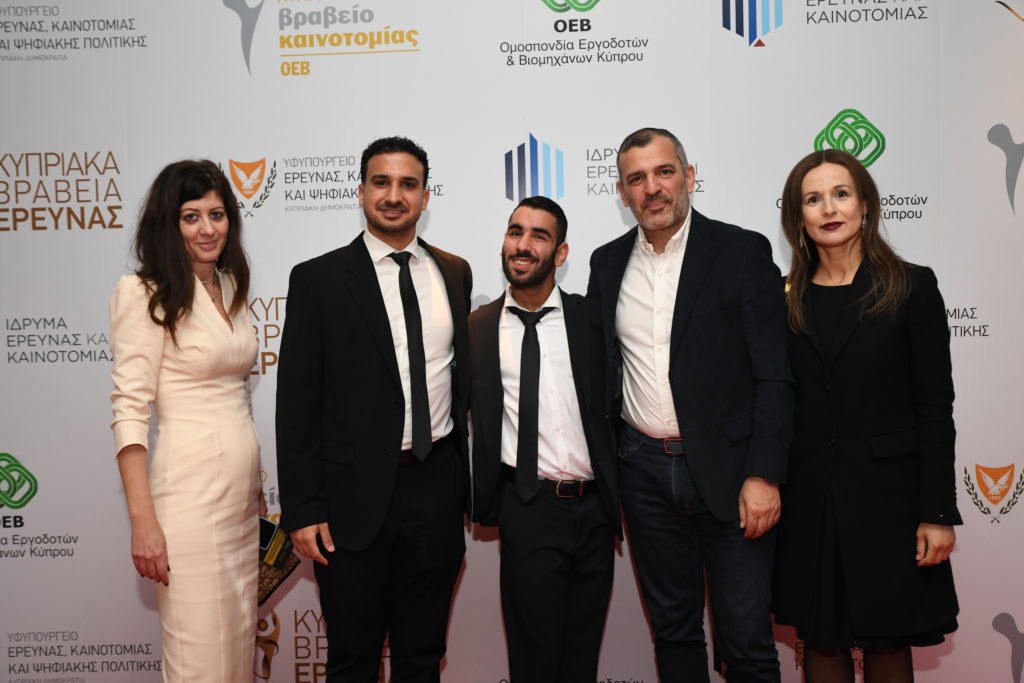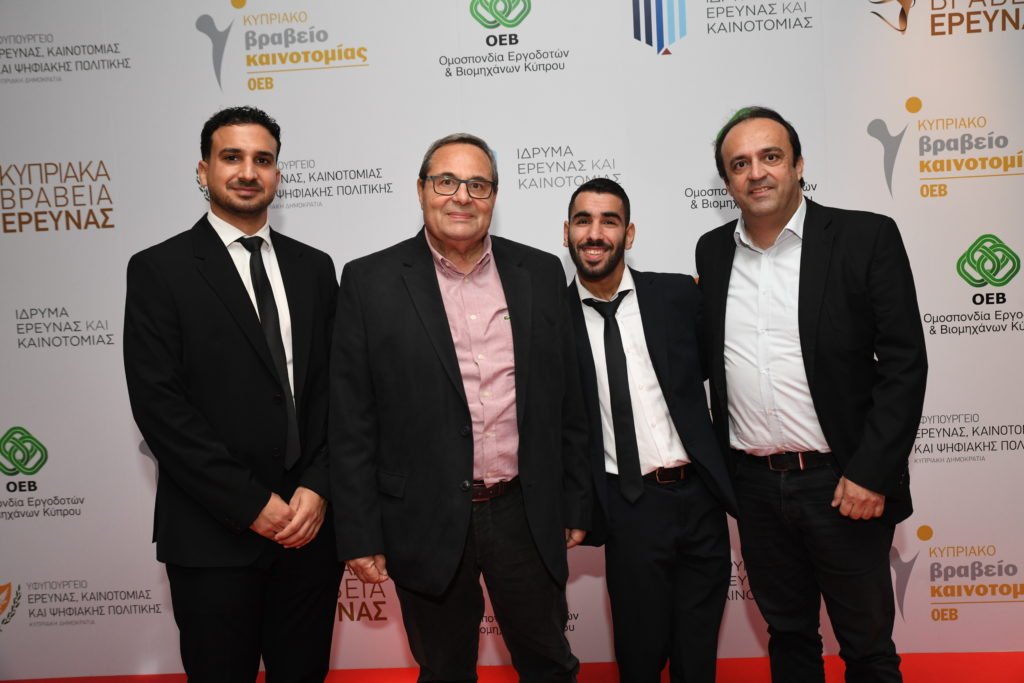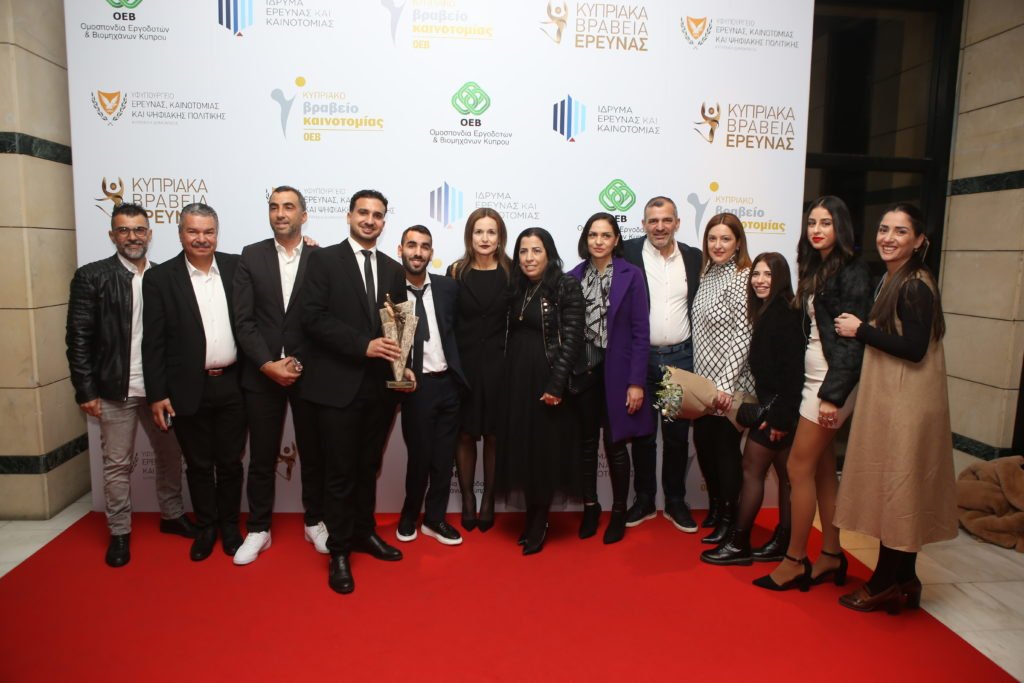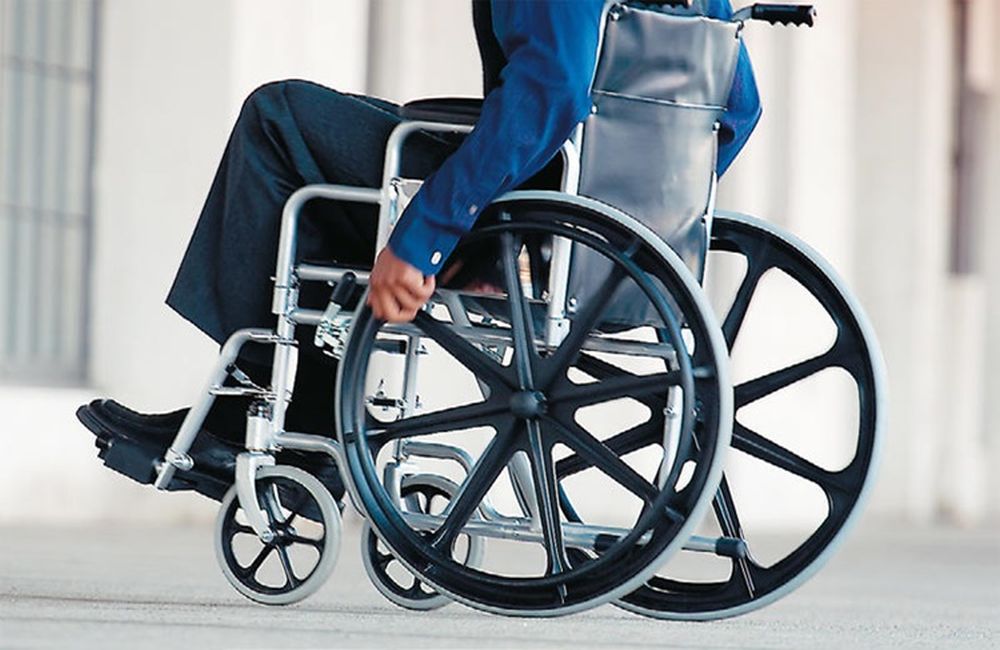
The Holiday Subsidy Scheme for People with Disabilities, approved by the Council of Ministers on 10/05/2022, for vacations to be taken within 2024, will operate for 2024, according to the Department of Social Integration of Persons with Disabilities (DSIPD).
According to the department’s announcement, the application submission will start from March 11, 2024, and will last until November 30, 2024, or until the fund for this Scheme is exhausted.
Interested parties can obtain the guide of the Holiday Subsidy Scheme for People with Disabilities as well as the application form from the department’s website: www.dmsw.gov.cy/dsid and from the Assessment Centers for Disabilities of the DSIPD: in Nicosia, Archbishop Makarios III Avenue 67, 2220 Latsia, in Limassol, Apostolou Andrea 11, Hyper Tower, Shop 1, 4007 Mesa Geitonia, and in Larnaca, Akropoleos 25 & Chaniwn, 7000 Menoú. They can also get them from Citizen Service Centers in all cities.
“It is the responsibility of beneficiaries to ensure that hotels/tourist accommodations are approved by the Deputy Ministry of Tourism and that they charge the usual fees for the period. The Department will conduct checks in case of significant deviation from the usual charging rates for the period and will adjust the payment amount accordingly,” it is added.
No payment will be made to a bank account other than that of the direct beneficiary or their guardians in the case of a minor beneficiary.
For more information, interested parties can contact, depending on their province of residence, the following contact numbers: 22815015/082 for the Nicosia Province, 25729131 for the Limassol and Paphos Provinces, and 24205975 for the Larnaca and Famagusta Provinces.







